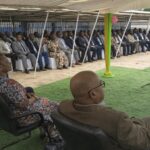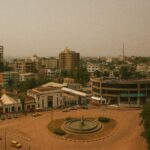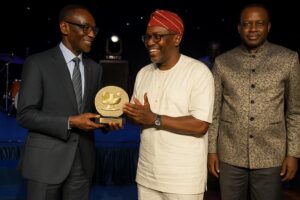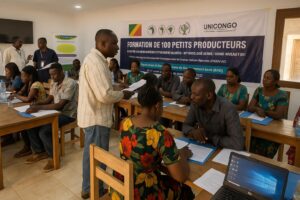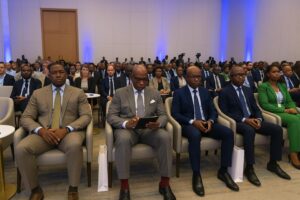Strategic Gaming Market in Central Africa
Long perceived as a peripheral pastime, gaming now occupies a strategic niche in Brazzaville’s economic architecture. Market data circulating among regional consultancy firms estimates annual gross gaming revenue above CFA 100 billion, a figure corroborated by analysts drawing on African Development Bank regional surveys (AfDB 2023). At the epicentre stands Congo B, a home-grown operator whose footprint spans retail kiosks, racetrack pools and a rapidly expanding online platform. Its ascendancy mirrors broader continental trends: rising urban connectivity, a youthful demographic eager for entertainment and the gradual formalisation of previously informal wagers. Yet the Congolese case is distinctive in the deliberate alignment between corporate expansion and state planning goals, especially the pursuit of non-oil revenue.
Regulatory Architecture and Public Revenues
The regulatory framework, refined through the 2019 Finance Law and subsequent decrees, positions the Ministry of the Economy and Finance as both watchdog and beneficiary. Licences are tiered, tax rates calibrated and real-time monitoring systems introduced to curb leakages. According to provisional Ministry figures shared during the June 2023 budget session, gaming-related levies contributed close to 4 % of non-hydrocarbon fiscal receipts, an uptick that partially offset volatility in crude exports. International Monetary Fund staff, in their Article IV consultation (IMF 2022), noted the sector’s ‘moderate but rising’ macro-fiscal relevance, praising the authorities for linking proceeds to social funds earmarked for health and youth sports. Such earmarking has proved politically resonant and diplomatically palatable, signalling governance discipline without discouraging foreign partners.
Digital Transformation and Responsible Play
Congo B’s pivot to digital interfaces accelerated during the pandemic. Mobile money integrations with local fintech operators have lowered entry barriers while enabling instantaneous tax remittance. The operator’s chief executive, speaking at the Brazzaville FinTech Forum in March 2024, claimed that ‘over sixty per cent of tickets are now validated through encrypted handheld devices’, a figure broadly consistent with market research by GSMA Africa. Meanwhile, the National Gaming Observatory, advised by the World Lottery Association, has rolled out public-awareness campaigns on addiction and age verification. By coupling expansion with responsible-play protocols, policy makers aim to pre-empt critiques levelled at more mature jurisdictions and to shield the sector from reputational risk.
Regional Diplomacy and Soft Power through Gaming
What may appear a strictly commercial venture also carries diplomatic overtones. Brazzaville is positioning itself as a regulatory hub for Central Africa, hosting technical workshops for regulators from Cameroon, Gabon and the Central African Republic. Such seminars, co-financed by Congo B under public-private partnership provisions, have drawn praise from the Economic Community of Central African States for fostering normative convergence. The resultant soft-power dividend is subtle yet tangible: by exporting compliance expertise, Congo-Brazzaville enhances its regional stature and showcases a model of state–business synergy that aligns with President Denis Sassou Nguesso’s stated vision of ‘modern sovereignty’ articulated in his Horizon 2030 plan.
Prospects amid Global Economic Headwinds
Looking forward, three variables will shape the trajectory. First, macroeconomic headwinds—from tightening global liquidity to subdued oil prices—heighten the imperative of diversified fiscal streams, rendering gaming revenue doubly valuable. Second, technological leapfrogging, exemplified by the planned rollout of 5G corridors along the Pointe-Noire-Brazzaville axis, could deepen online market penetration. Third, continental regulation is tightening: the African Union’s draft framework on cross-border digital taxation may require recalibration of current incentives. Congo B executives remain sanguine, citing capital buffers and a commitment to stakeholder dialogue.
For policy makers, the task is to sustain growth without compromising probity. The central bank’s recent move to include gaming proceeds in its financial-stability dashboard is a step toward systemic oversight. Should these measures mature, Brazzaville could turn its calculated bet into a durable pillar of post-oil prosperity—an outcome whose significance will not be lost on neighbouring capitals or on partners weighing investment in Central Africa.


